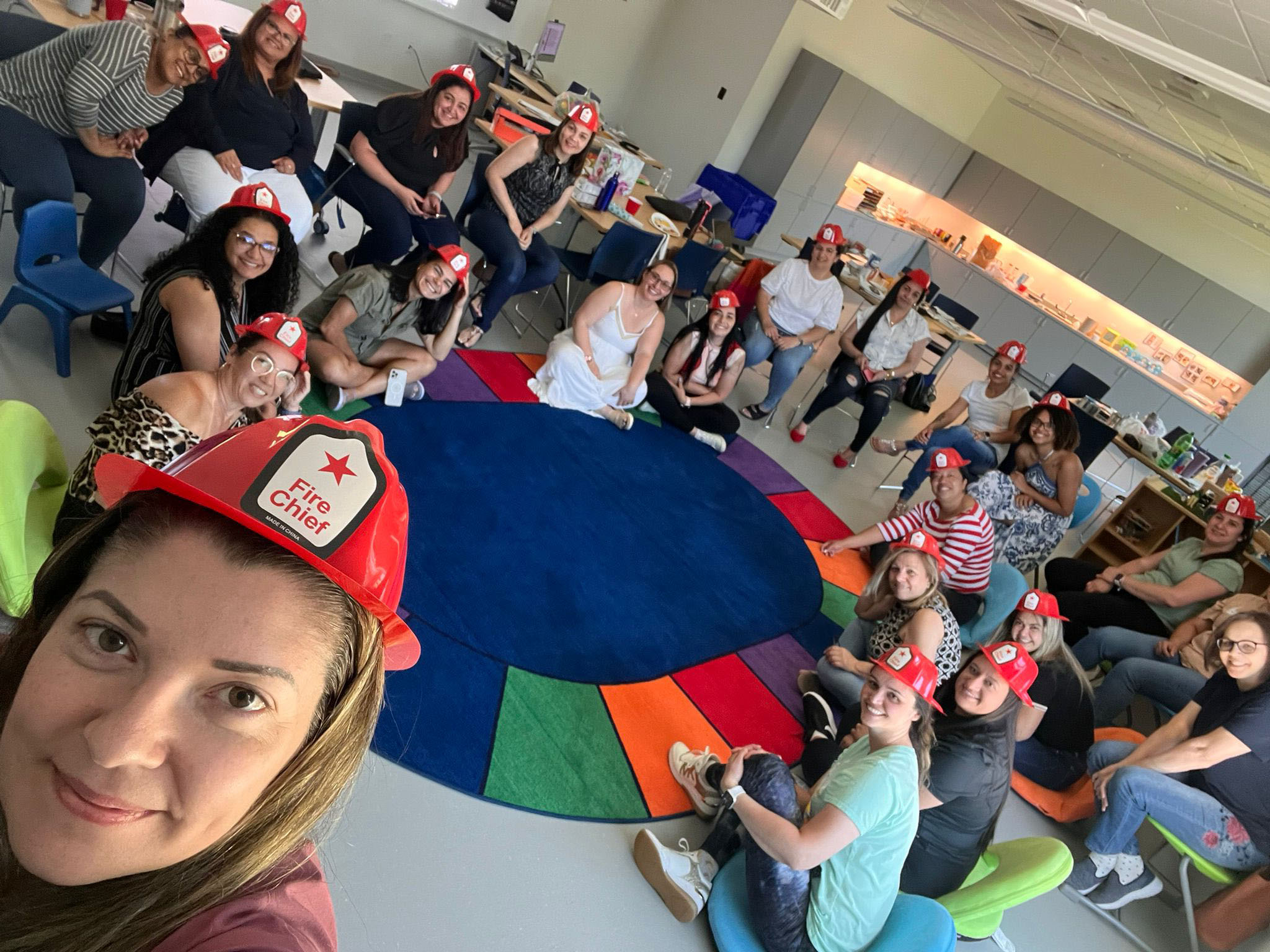Early Childhood Education (Certificate)
Our 16-credit Certificate is a good starting point or an academic endpoint to take core early childhood courses required to become EEC Lead Teacher qualified to work with preschoolers. If you have a degree in another subject or want to begin courses for certification and consider a degree later, take this first step. The program includes one practicum to provide some supervised experience required for EEC certification. If you work in an early education and care program, your current workplace may qualify as your practicum site.

